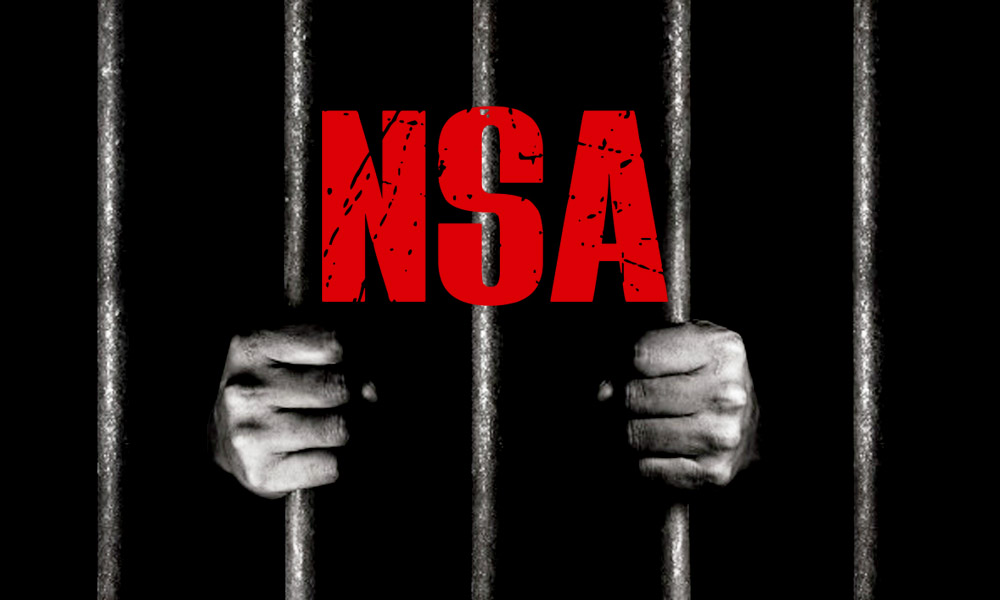
What Is National Security Act? Here Is All You Need To Know
India, 21 Feb 2020 11:09 AM GMT
Editor : Prateek Gautam |
A free soul who believes that journalism, apart from politics, should stand for social cause and the environment.
In layman term, the law empowers the centre and state government to detain a person to bar him from acting in any matter prejudicial to national security.
Uttar Pradesh Police, on February 20, slapped the National Security Act on Shubham Chaudhary for setting ablaze his own car outside the Senior Superintendent of Police's office in Septemeber last year.
The draconian law was unexpectedly applied by the state government and can be deemed as the abuse of power. The stringent law, used on a person when he/she is considered to be a threat to the country's national security, was also applied against Dr Khafeel Khan recently for his speech at the Aligarh Muslim University. In Uttar Pradesh, the Act was invoked to detain 160 people.
Kamal Nath led Madhya Pradesh government also invoked the Act against three people. Their crime? They slaughtered a cow. The government attracted criticism from all corners for invoking the law.
What Is NSA?
The National Security Act (NSA) is an act that empowers the government to detain a person if the authorities are satisfied that he/she is a threat to national security or to prevent him/her from disrupting public order.
In layman term, the law empowers the centre and state government to detain a person to bar him from acting in any matter prejudicial to national security. The government also has the power to take the person in custody to stop him from disrupting public order or for maintenance of supplies and services essential to the community.
Under the law, the maximum span for which a person can be detained is 12 months. However, the government can extend it, if it feels so.
A person detained under the NSA can be held for ten days without being told the charges against him/her.
However, the Act does not apply in Jammu and Kashmir.
History Of The Act
The Act was introduced under India's first female Prime Minister, Indira Gandhi, on September 23 1980. However, the law's framework dates back to 1818, almost two-century ago. In 1818, Bengal Regulation III was enacted to empower the British government to arrest anyone for maintenance of public order without giving the person recourse to judicial proceedings.
A century later, in 1919, the British government enacted the Rowlett Acts of 1919 that authorised personnel to put a suspect in confinement without trial. After Independence, the first preventive detention rule, Preventive Detention Act, was brought under Prime Minister, Jawarharlal Nehru. The Act expired on December 31, 1969.
How Is It Draconian?
Typically, if a person is arrested, then he/she enjoy certain rights bestowed by the Indian Constitution. The person has to be informed of the reason for the arrest. Under Section 50 of the Criminal Procedure Code (CrPC), the person arrested has to be informed. However, in the case of the NSA, the person can be held up to ten days without being informed of the reason.
Sections 56 and 76 of the same penal code guarantee the detained person to be produced before a court within 24 hours. Apart from this, Article 22(1) of the Constitution allows the detainee to seek legal advice from a legal practitioner. However, under the NSA, none of these above mentioned basic rights is permitted to the suspect.
Surprisingly, there is no data available for the number of people slapped with the NSA till this day. The National Crime Records Bureau (NCRB) does not list the number of people booked under it.
Also Read: UP Police Slaps Dr Kafeel Khan With National Security Act
 All section
All section














